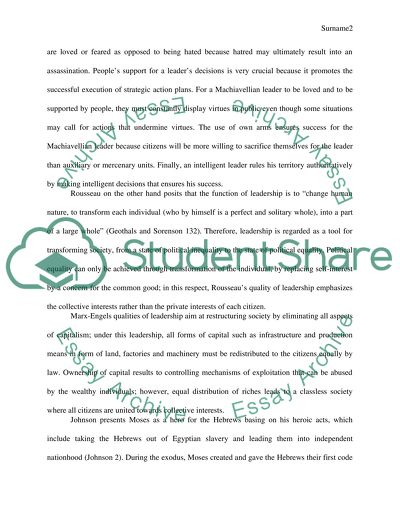Cite this document
(“Introduction to Political Science : Micropolitics Essay”, n.d.)
Introduction to Political Science : Micropolitics Essay. Retrieved from https://studentshare.org/history/1471154-introduction-to-political-science-micropolitics
Introduction to Political Science : Micropolitics Essay. Retrieved from https://studentshare.org/history/1471154-introduction-to-political-science-micropolitics
(Introduction to Political Science : Micropolitics Essay)
Introduction to Political Science : Micropolitics Essay. https://studentshare.org/history/1471154-introduction-to-political-science-micropolitics.
Introduction to Political Science : Micropolitics Essay. https://studentshare.org/history/1471154-introduction-to-political-science-micropolitics.
“Introduction to Political Science : Micropolitics Essay”, n.d. https://studentshare.org/history/1471154-introduction-to-political-science-micropolitics.


